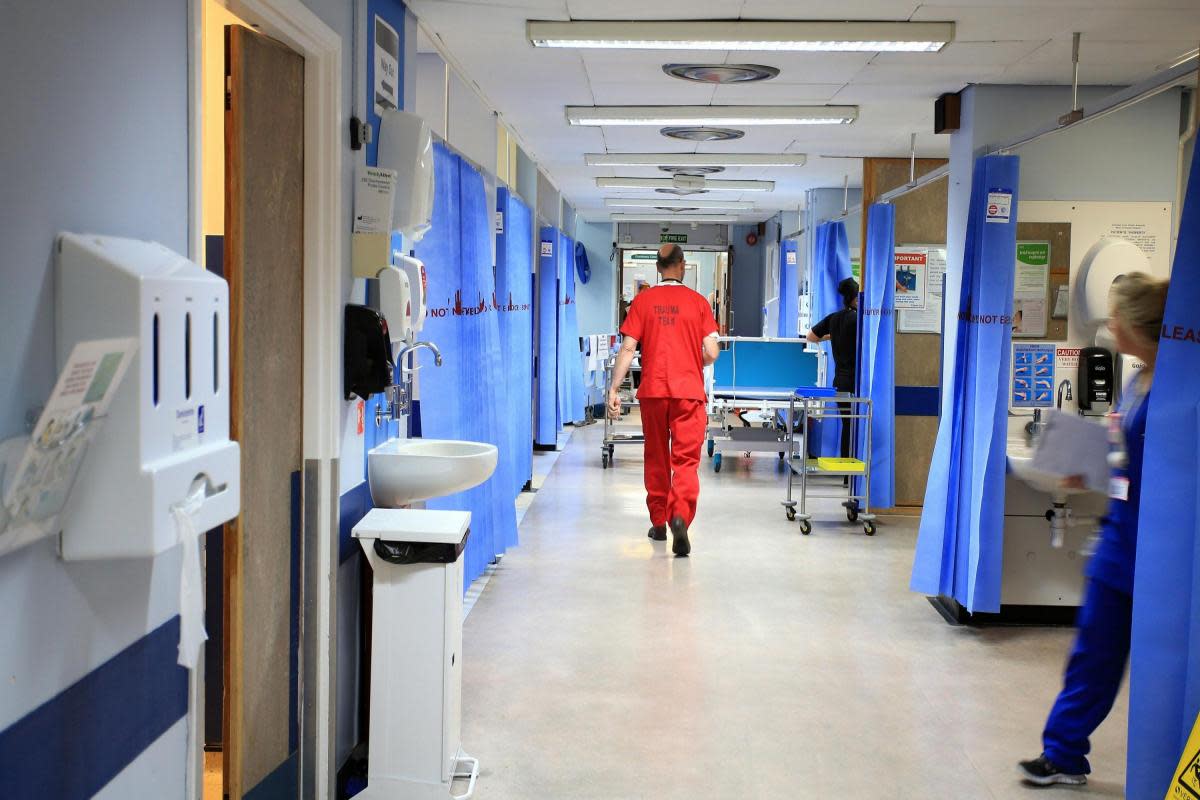Pensioner died after hospital failed to administer antibiotics in time

A pensioner died after a delay in administering antibiotics, a coroner has concluded.
Eleanor Smith died after a week-long stay in hospital, following breaking her hip from a fall using her walker.
The Beadnell woman was taken to Northumbria Specialist Emergency Care Hospital on September 17, last year, where she developed an infection after the fracture was repaired.
The trust admitted the administration of antibiotics was delayed by around 24 hours, and at the inquest, the elderly woman's family told the court that
Ms Smith's cause of death was given as infection of unknown aetioloav, the frailty of old age, left ventricular systolic dysfunction, atrial fibrillation, and left neck of femur fracture.
Coroner Andrew Hetherington, senior coroner for Northumberland, has raised concerns about Ms Smith's care, and addressed a prevention of future deaths report to Northumbria Healthcare NHS Foundation Trust.
This means that a report has been drawn up, and the chief coroner is notified of the concerns. The hospital trust's management is also required to implement a plan to prevent deaths in the future, and is under a duty to respond by June 7.
In his report, the coroner wrote: "Postoperatively she developed an infection with a rising white cell count and CRP.
"There was a significant delay in the administration of intravenous antibiotics which were first administered at 18.00 on September 23 although it is not possible to say to what extent antibiotics were effectively administered or whether the delay affected the outcome."
He added: "It was the concern of the family throughout the investigation that there was a delay in the administration of IV antibiotics and the antibiotics were not administered effectively.
"The Trust accepted that there was a significant delay in the administration of antibiotics of a period of 24 hours but that it was unlikely the delay affected the outcome.
"The family gave evidence that they were present until around 21.00 on September 23 and described difficulties experienced by staff on September 23 in the siting of a cannula.
"There was an attempt for the cannula to be placed in one arm, then the other and was eventually sited in the foot.
Get the latest news, sports, and entertainment delivered straight to your device by subscribing to The Northern Echo here.
"It was the position of Trust that from 17.56 hours on September 23 there was a working cannula and prescribed medication was administered.
"I accepted the evidence of the family and I am concerned that the medical records did not accurately record the events and siting of the cannula.
"I am further concerned as to whether prescribed medication on this occasion being antibiotics were effectively administered and what checks there are to ensure the effective administration of medicines."

 Yahoo News
Yahoo News 

